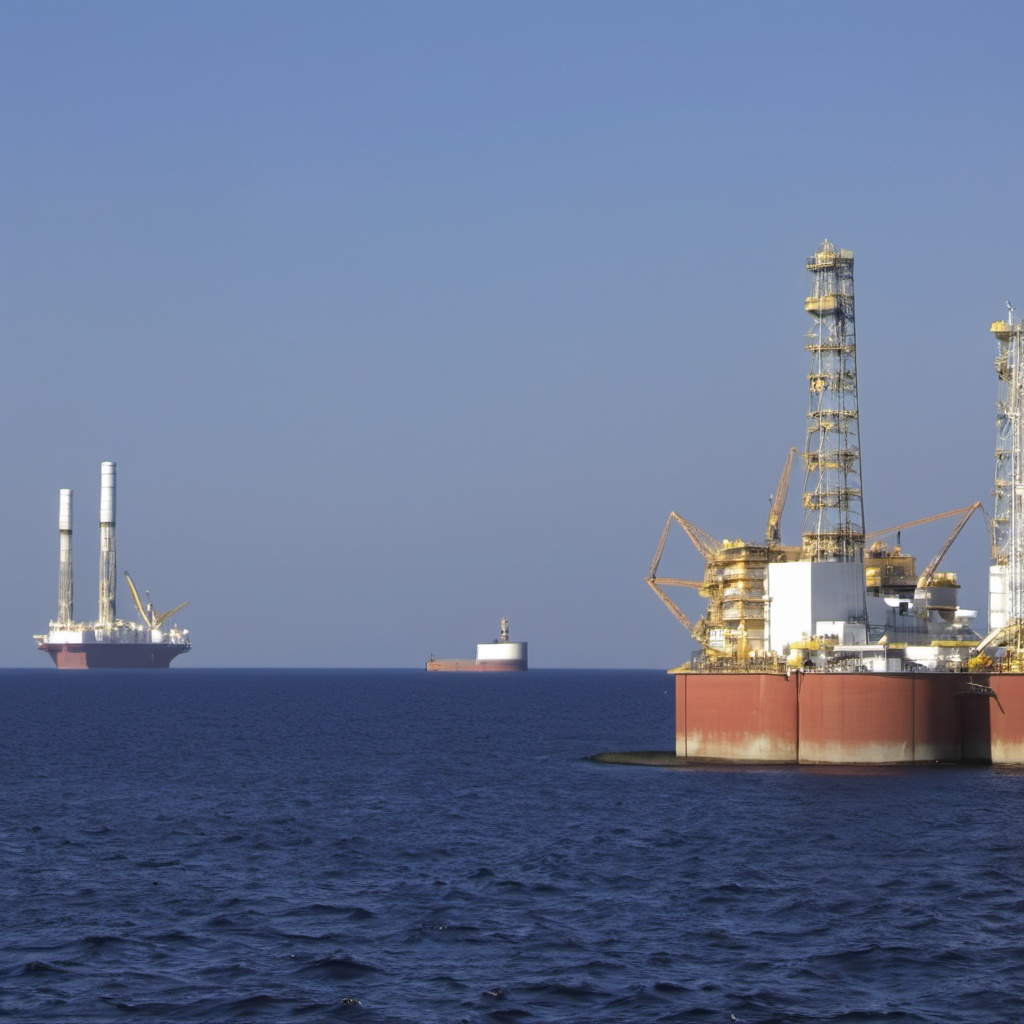Course Overview
The International Course on Measurements and Applications of Radionuclides in the Marine Environment is an advanced training program designed for students and researchers in physics, marine science, environmental science, geophysics, chemistry, and engineering. This course will provide participants with the essential knowledge and technical skills to analyze radionuclides in marine environments, offering both theoretical insights and hands-on laboratory training.
The course will take place from Monday, July 7th to Friday, July 11th, 2025, in Cádiz, Spain, and includes 30 in-person hours of instruction.
The program is coordinated by Dr. Manuel Jesús Gázquez González and Dr. Inmaculada Ramos Lerate from the University of Cádiz, with contributions from leading experts in the field.
Course Objectives
Participants will:
Gain a comprehensive understanding of radionuclides and their behavior in marine environments.
Learn and apply low-level counting (LLC) techniques to detect, quantify, and analyze very low concentrations of radionuclides in environmental samples such as water and soil.
Explore the practical applications of radionuclide measurements in marine research, including: Radiological monitoring of marine ecosystems. Dating techniques for sediment and environmental samples. Carbon flux studies and their implications for climate change research.
Enhance their laboratory skills through hands-on experience with state-of-the-art measurement technologies.
Expand their research expertise in physics, marine sciences, and environmental monitoring.
Who Should Attend?
This course is ideal for:
Students with a Bachelor’s degree, Master’s students, PhD students, and researchers in fields related to physics, marine science, environmental science, geophysics, chemistry, and engineering.
Scientists and professionals interested in marine radionuclide analysis and environmental monitoring techniques.
Instructors and Expertise (for more details)
Participants will receive instruction from a team of experts from leading academic institutions:
University of Cádiz (Spain)
- Dr. Manuel Jesús Gázquez González (Coordinator)
- Dr. Inmaculada Ramos Lerate (Coordinator)
- Dr. Francisco J. Soto
University of Sevilla (Spain)
- Dr. María Villa Alfageme
University of Huelva (Spain)
- Dr. J.P. Bolívar Raya
Northern Arizona University (USA)
- Dr. M. Ketterer
This diverse faculty ensures an interdisciplinary approach, combining expertise in marine sciences, environmental physics, and radiological monitoring.
Course Structure
July 7 – 11, 2025: Intensive 30-hour training program covering:
- Fundamentals and Measurements of Natural radionuclides in marine environments.
- Practical sessions on low-level counting (LLC) techniques.
- Application of radionuclide measurements in sediment dating, carbon flux studies, and radiological assessments.
July 12, 2025: Touristic Tour (Optional)
- Participants will enjoy a guided tour of Cádiz, sponsored by the University of Cádiz, offering a cultural and networking opportunity in one of Spain’s most historic coastal cities.
Key Benefits of the Course
Gain specialized expertise in marine radionuclide measurements.
Develop hands-on technical skills in environmental radioactivity assessment.
Engage with an international team of experts in physics, geophysics, and marine sciences.
Enhance career prospects with cutting-edge research techniques applicable to academic and professional fields.
Enjoy a unique learning experience in Cádiz, with the opportunity to explore the region’s rich scientific and cultural heritage.
This course represents an exceptional opportunity for students and researchers looking to deepen their understanding of radionuclide applications in marine environments while gaining practical laboratory experience and expanding their professional networks.
Course content, assessment and other relevant information
If you want to know more about this course and all the content that will be given click here
If you have any inquiries about the course
Contact the coordinator if you have any questions about the course;
- Dr. Manuel Jesús Gázquez González manueljesus.gazquez@uca.es
- Dr. Inmaculada Ramos Lerate inmaculada.ramos@uca.es


